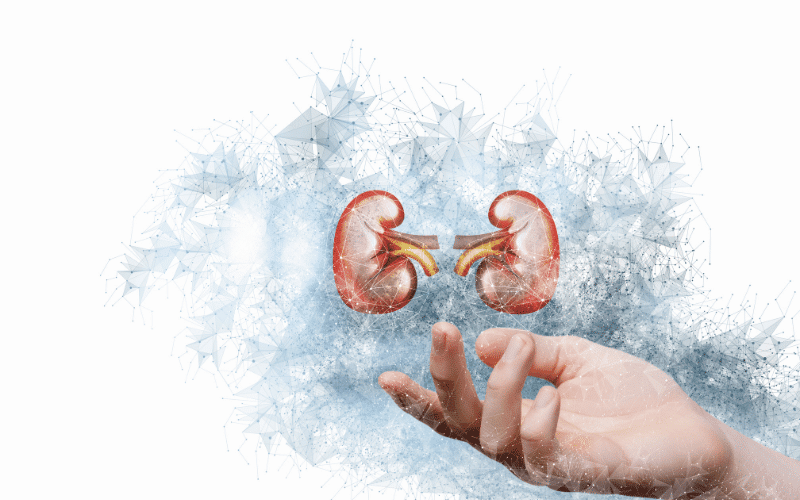FAQs: Common Questions About Kidney Stones

Q: Why are women more susceptible to certain types of kidney stones?
A: Women are more susceptible to certain types of kidney stones, such as struvite stones, due to their anatomy and a higher risk of urinary tract infections (UTIs). Additionally, hormonal factors can influence the formation of kidney stones, making women more prone to specific varieties.
Q: What lifestyle changes can help prevent kidney stones?
A: Some lifestyle changes that can help prevent kidney stones include staying well-hydrated, maintaining a balanced diet, avoiding excessive intake of salt, protein, and oxalate-rich foods, engaging in regular physical activity, and maintaining a healthy weight.
Q: How can I tell if I have a kidney stone?
A: Symptoms of kidney stones can include severe pain in the back or side, pain during urination, blood in the urine, nausea, vomiting, and frequent urge to urinate. If you experience any of these symptoms, consult your healthcare provider for a proper diagnosis and treatment plan.
Q: Are kidney stones more common during pregnancy?
A: Kidney stones can occur during pregnancy, but the overall risk is not significantly higher. However, hormonal changes and increased calcium intake during pregnancy can contribute to the formation of calcium-based stones. Pregnant women should work closely with their healthcare providers to manage kidney health and prevent stone formation.
Q: Can kidney stones be treated without surgery?
A: Many kidney stones can be treated without surgery, depending on the size and location of the stone. Small stones may pass naturally through the urinary tract with increased fluid intake and pain management. In some cases, medications can help break down or prevent the formation of stones. However, larger stones or those causing severe pain or complications may require surgical intervention.
Conclusion: Taking Control of Your Kidney Health
Kidney stones can be a painful and challenging health issue for many people. By understanding the top 10 types kidney stones, you can take proactive steps to prevent their formation and maintain good kidney health. A balanced diet, adequate hydration, regular check-ups, and working closely with your healthcare provider are all essential components of a comprehensive kidney health strategy.
Remember, early detection and prevention are key to managing kidney stones and their associated complications. By staying informed and vigilant about your kidney health, you can significantly reduce the risk of kidney stones and enjoy a healthier, happier life.